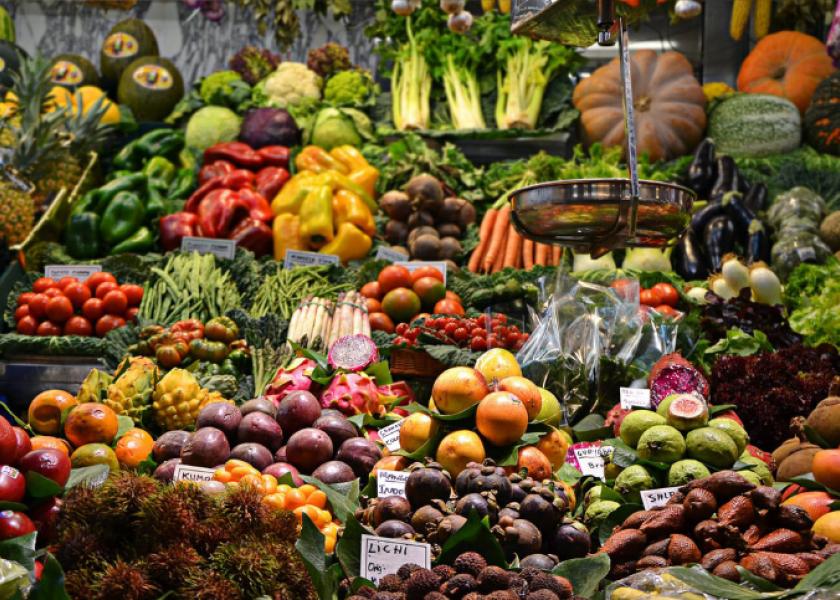Cold storage sector likely to be changed by COVID-19

The increase in online food purchases that has accompanied the COVID-19 pandemic lockdown will likely persist, affecting the cold storage sector, according to a new report from the commercial real estate company CBRE Research.
The report said that U.S. consumers increasingly have groceries delivered directly to their home or are buying online and picking up in store.
Adobe’s Digital Economy Index reported that the U.S. grocery industry experienced a 100% increase in daily online sales March 13-15, compared with the baseline period of March 1-11.
In addition, the CBRE research paper said a Brick Meets Click/Shopper Kit survey found that 46% of respondents will continue to purchase goods online after the pandemic subsides.
Since about 95% of food produced in the U.S. or imported into the country goes through third-party distribution centers before reaching consumers, the CBRE study said the shift toward online purchases will impact the cold storage sector.
Even before COVID-19, CBRE Research estimated an additional 75 million to 100 million square feet of freezer/cooler space will be needed to meet demand for direct-to-consumer grocery and click-and-collect at grocery stores.
“The COVID-19 pandemic is accelerating this trend,” the report said.
Read more about how the COVID-19 pandemic is affecting the produce industry here.
Since restaurants are down to 10% to 20% of capacity because of social distancing restrictions, there’s been a shift to grocery that has forced distributors to adjust supply chains.
According to the report, public refrigerated warehouse companies and online grocers have seen a surge in demand as consumers shelter in place.
The long-term effects of COVID-19 will change the cold storage sector in five ways, according to CBRE:
- E-commerce grocery will become more widely adopted, and increase demand for cold storage, but the volume of perishable orders will need to grow in order to have a significant impact on cold storage real estate decisions. “Until recently, consumers were not ordering a lot of perishables online, but that likely will change in a post-COVID-19 environment.”
- Because e-commerce is typically fulfilled by local grocery stores, the report said retail footprints will include more storage and fulfillment space.
- “As online orders rise, there will be a blending of retail and industrial space, as well as a greater need for infill temperature-controlled facilities in proximity to consumers,” the report said.
- Restaurants may see a significant shift in dining formats with fewer dine-in options and more delivery or take-out that would require cold storage capacity, according to the report. “Foodservice companies that supply restaurants may look to second-generation cold storage space as a cost advantage in a limited dining environment,” the report said.
- There will be further consolidation among major refrigerated warehouses to gain more control over the cold storage footprint in the U.S.
- Automation will increase in cold storage facilities to fulfill orders and make up for a shortage of workers willing to work in the extreme conditions of these facilities. “This will prompt higher-density, greater-height and smaller-footprint buildouts that will be required for around-the-clock operations,” the report said.







